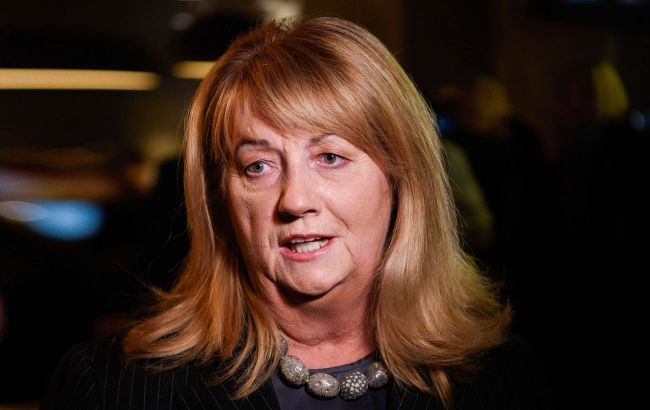Left-wing opposition wins elections in Lithuania: Will support for Ukraine change?
 Photo: Vilija Blinkevičiūtė (Getty Images)
Photo: Vilija Blinkevičiūtė (Getty Images)
The opposition Social Democrats won Lithuania's October 27 parliamentary elections, which were dominated by frustration with the cost of living and fears of potential threats from neighboring Russia, Reuters reports.
Official figures showed that the center-left grouping is leading with 52 seats in the 141-member assembly. The ruling Homeland Union party is in second place with 28 seats. According to preliminary official data, the For Lithuania party had every chance of winning 14 seats in the parliament, and the Union of Farmers and Greens - eight seats.
The leader of the Social Democratic Party, Vilija Blinkevičiūtė, told reporters that she believed her party would win a parliamentary majority together with its likely coalition partners: For Lithuania, plus The Farmers and Greens Union.
She refused to confirm whether she would run for Prime Minister: “We will discuss this within the party, we will weigh all pluses and minuses.”
Blinkevičiūtė has repeatedly stated that Lithuania's foreign policy will not change, and that assistance to Ukraine will remain a priority for the government.
Elections in Lithuania
Lithuania, with a population of 2.9 million people, has a hybrid electoral system, under which half of the parliament was elected by popular vote on October 13. The remaining half was determined on October 21 in a second round of voting by district between the two leading candidates, a process that favors larger parties.
The popularity of Simonyte's center-right three-party coalition has been undermined by inflation, which exceeded 20% two years ago, deteriorating public services, and a widening gap between rich and poor.
Domestic economic issues were the focus of the election campaign, with the Social Democrats pledging to tackle rising inequality by raising taxes on wealthier Lithuanians to help finance more health and social welfare spending.
However, national security is also a major concern for Lithuania, which is located on the eastern flank of NATO and the European Union and borders Russia's exclave of Kaliningrad and Belarus, a close ally of Moscow.
According to NATO estimates, Lithuania will spend about 3% of its GDP on its armed forces this year, making it the sixth-highest spender in the military alliance.

